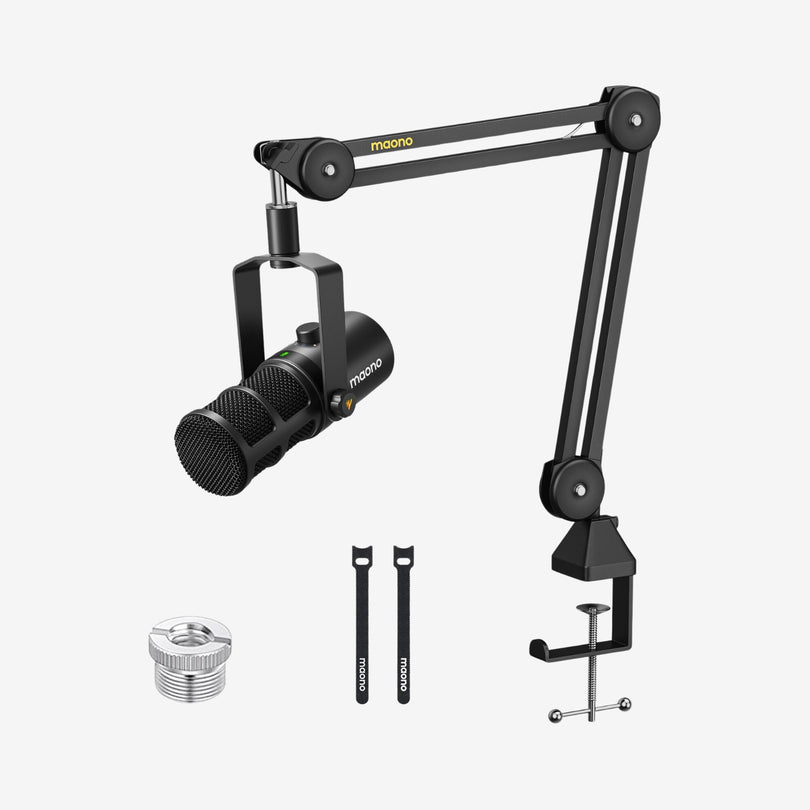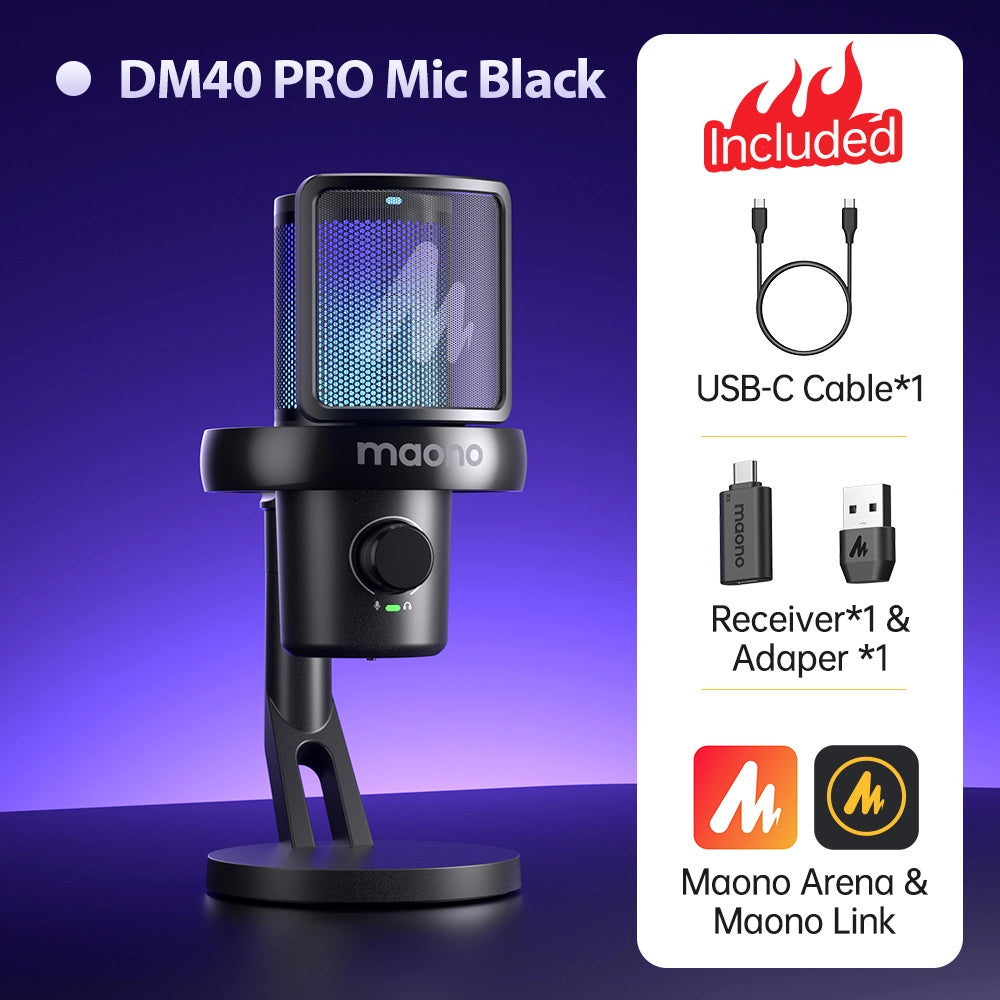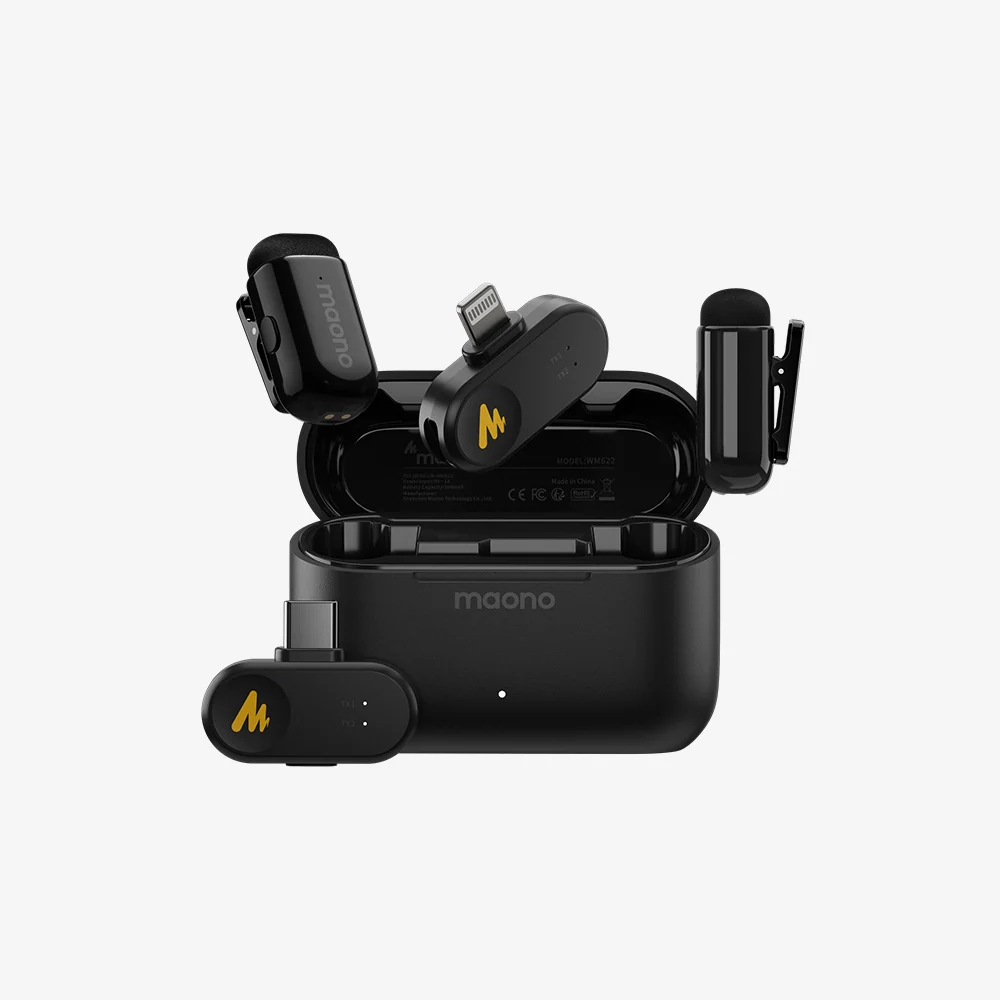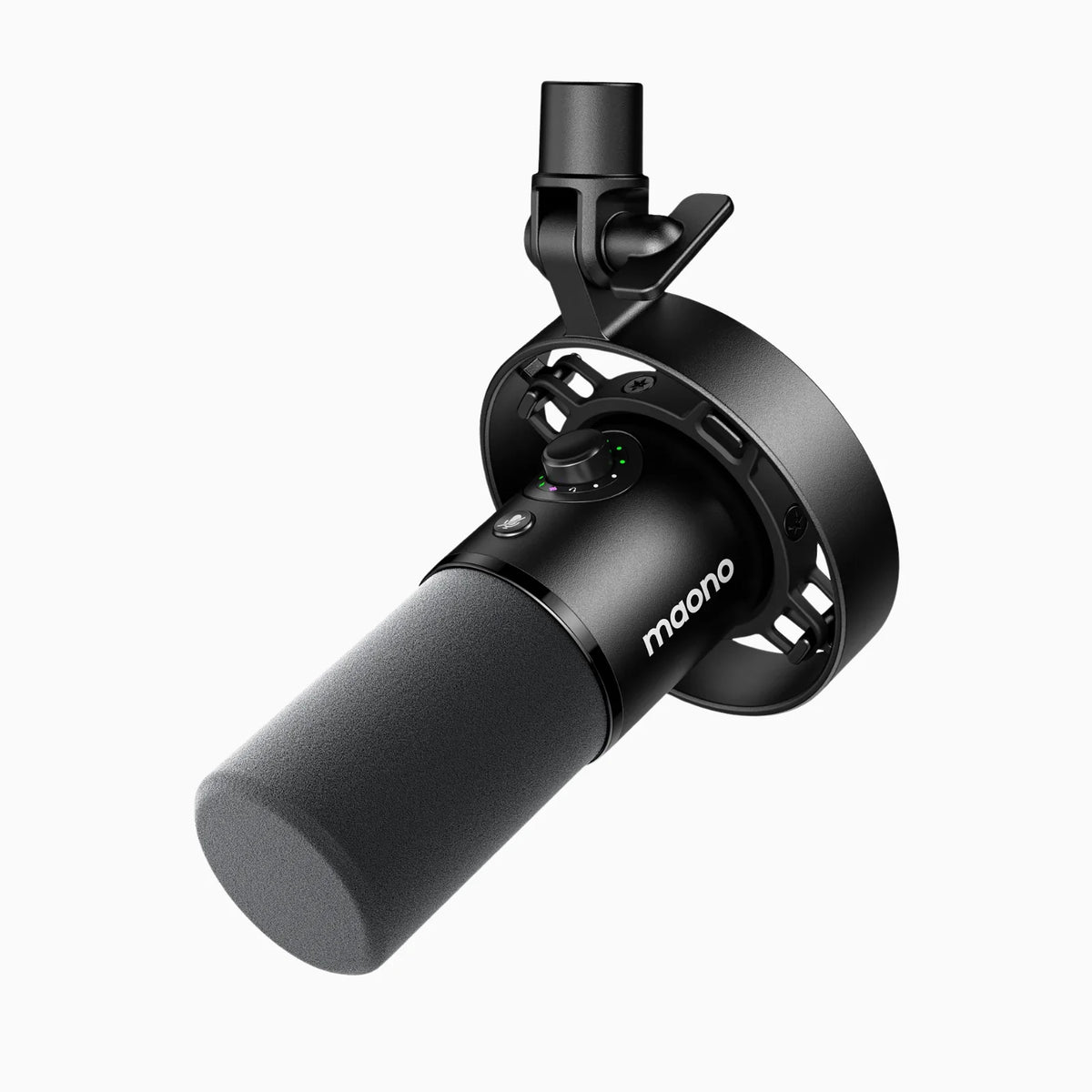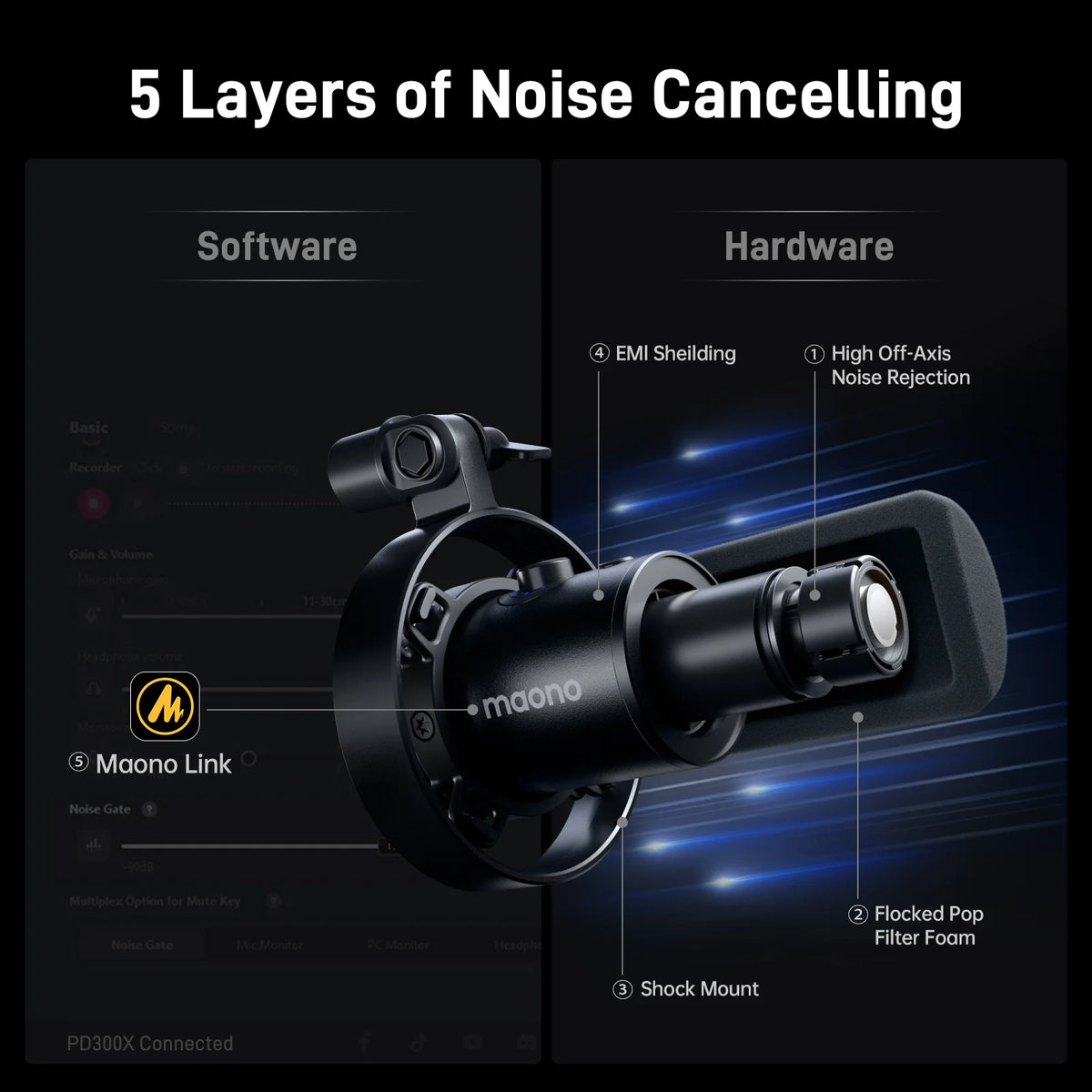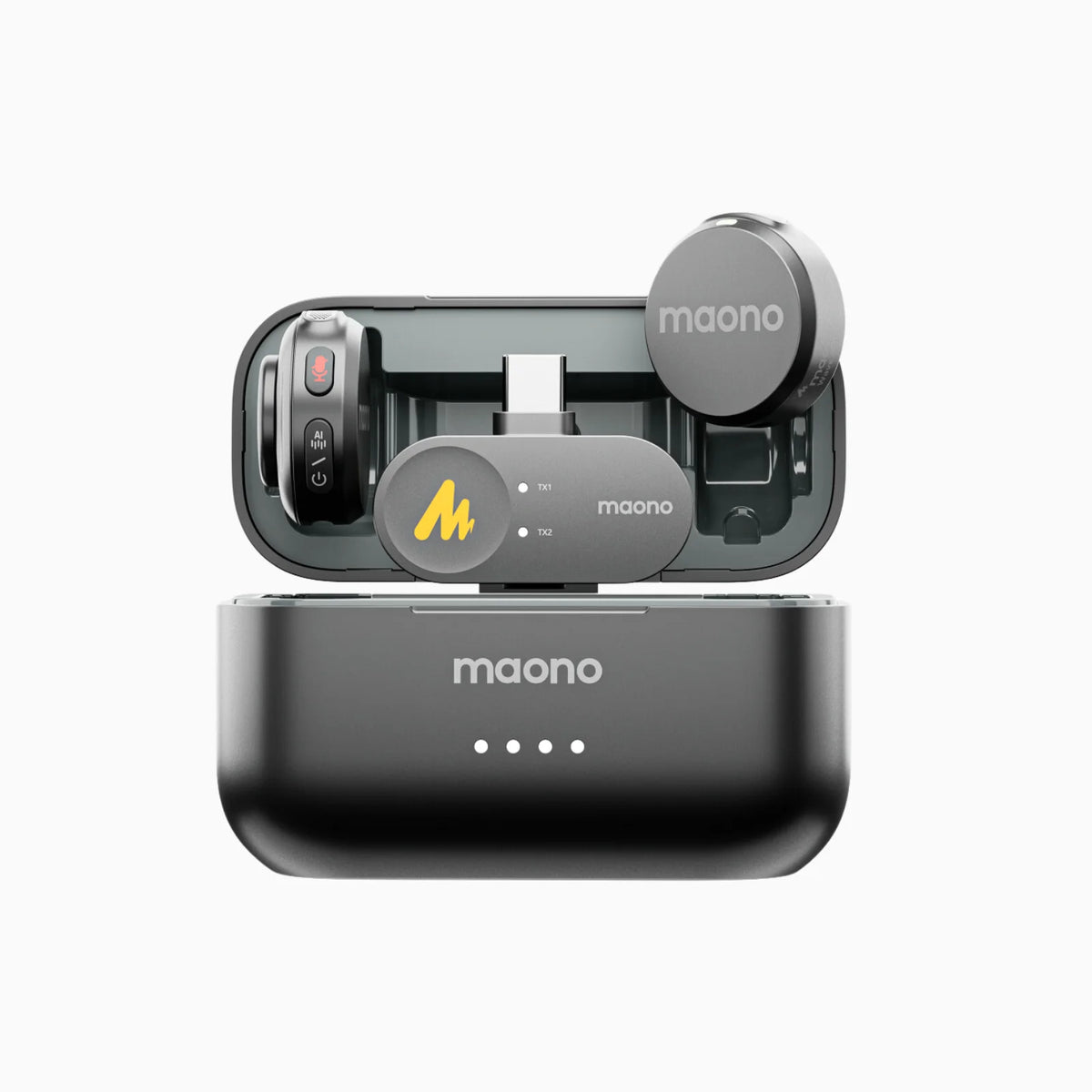April 13 2019
In recent years, with the development and maturity of domestic intelligent voice interaction
technology, the smart speaker industry has risen rapidly. According to public data, last year,
the smart speaker market was driven by giant companies such as Alibaba, Baidu, and
Xiaomi.
The total market shipments have exceeded 20 million units, showing a growth rate of
more than 10 times. On March 8, Tmall Elf announced that its overall sales have exceeded
10 million, becoming the third company in the world to enter the field of "ten million clubs",
with Amazon, Google in the top three.
According to industry forecasts, the domestic market can achieve the goal of “super 80% smart home devices can be controlled by smart speakers” during the year.
Therefore, accessing more home equipment and building a smart ecosystem is the next
competitive focus of the giants. Public information shows that at present, Tmall Elf has
access to more than 400 brands and 1,500 smart home appliances, and more than 100
million smart devices can be controlled by “speak”. The Xiaomi IoT platform supports nearly
2,000 devices, and the number of smart device connections exceeds 132 million. Baidu has
more than 300 partners.
However, at present, there is still a certain gap between domestic smart speaker
manufacturers and foreign giants.
The data shows that the world's number one Amazon speaker and the second-ranked
Google speaker shipped 13.9 million units and 11.5 million units in the fourth quarter of last
year. Some industry insiders pointed out that in the 5G era, the arrival of 5G will provide solid
technical support for the Internet of Everything. At that time, smart speakers as a part of the
Internet of Things will become a battleground for the military, and the competition will
become more intense.


